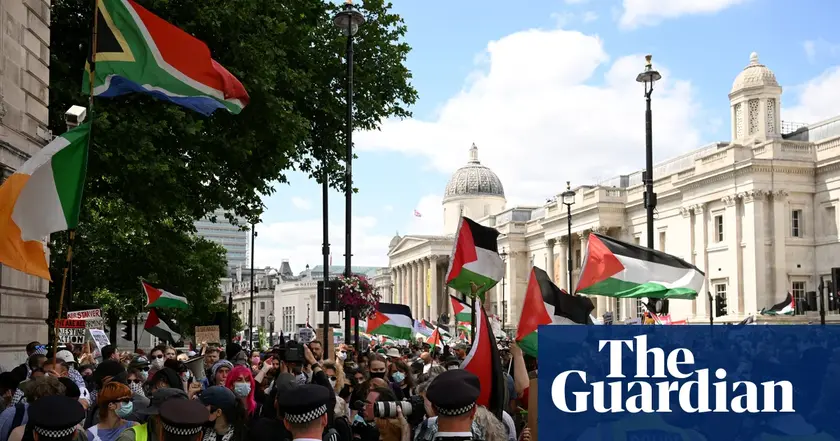T4K3.news
Labour peers question Palestine Action ban
Peter Hain warns the government could be on a collision course with civil liberties and faces legal challenges over the Palestine Action proscription.
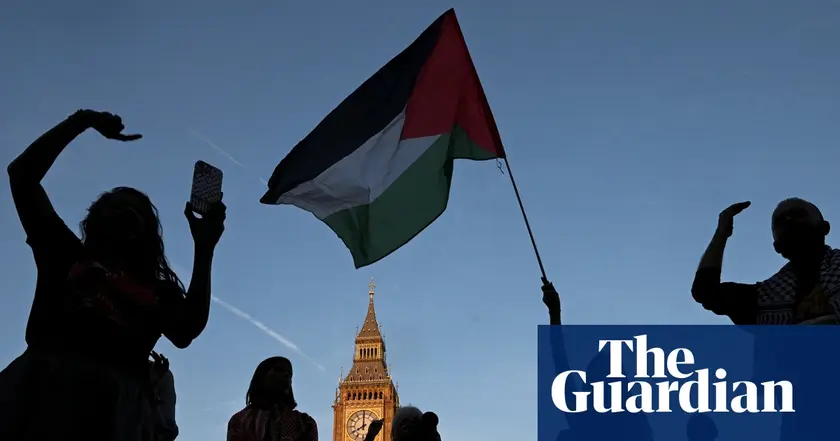
Peter Hain opposes the proscription and says Labour peers regret backing the ban as protests and legal questions intensify.
Hain warns government over Palestine Action ban
Peter Hain, a former cabinet minister and Labour peer, said the decision to proscribe Palestine Action is digging the government into a hole and warned that a legal challenge could be a mercy to all sides. He noted that some Labour peers and MPs who opposed the move are now reconsidering as arrests rise under the Terrorism Act and critics say the designation risks equating protest with terrorism. Hain argued that anger is growing over the wording of the crackdown and the way it frames peaceful dissent.
The government defends the move, with Downing Street calling Palestine Action a violent organisation that has caused injuries and criminal damage. Home Secretary Yvette Cooper said the group is not a non violent organisation and pointed to court restrictions that limit parliamentary debate. Labour backbenchers including Stella Creasy pressed for clearer evidence for proscription, while acknowledging the challenge of balancing security with the right to protest. The issue is expected to resurface when Parliament returns in September and as calls widen to consider extending bans to some far right groups seen as exploiting protests about asylum housing.
Key Takeaways
"It will end in tears for the government."
Hain warns of political consequences if the crackdown proceeds
"The approach to Palestine Action is contrary to every form of peaceful protest in British history."
Hain condemns framing of protests as terrorism
"There is a battery of other crimes that could be applied to Palestine Action but terrorism is not one of them."
Hain on the legal basis for proscription
"Palestine Action is not a non-violent organisation."
Cooper on the group's violent behavior
The episode reveals a rift inside Labour over how far to go in restricting protest and how to frame security. By tying protest groups to terrorism, the government risks normalising broad powers that may harden public attitudes and undermine civil liberties if used too broadly. A successful legal challenge would test whether the proscription rests on solid legal grounding or on political calculations timed to a perceived threat. The clash also underscores how security messaging can collide with historical traditions of peaceful protest in Britain and raise questions about proportionality and accountability as Parliament returns.
Highlights
- Protest rights must be guarded, not traded for headlines
- The wall between protest and terrorism must stay intact
- Legal scrutiny could change the course of this policy
- Parliament returns with the test of balance between order and open debate
Political sensitivity over Palestine Action ban
The proscription touches civil liberties, party politics, and public trust. A legal challenge could affect government authority and MPs face pressure over their votes. The issue risks triggering backlash among protest groups and some Labour supporters.
The outcome will hinge on how clearly lawmakers separate security concerns from the right to protest.
Enjoyed this? Let your friends know!
Related News

Lord Dannatt urged action against Palestine Action at US firm's request
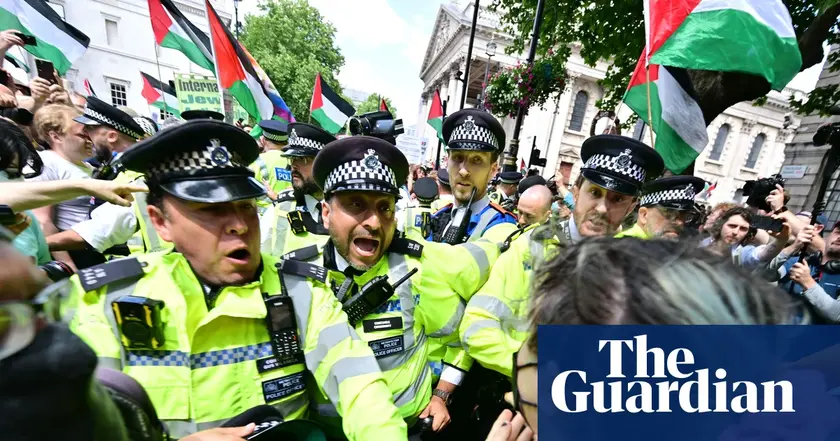
Police warn of mass arrests at Palestine Action protest

UK minister calls for potential cryptocurrency donation ban
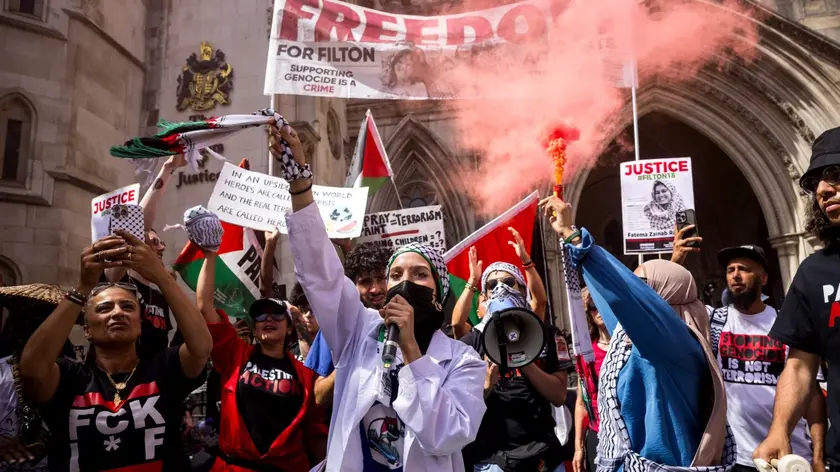
UK government bans Palestine Action amid rising support
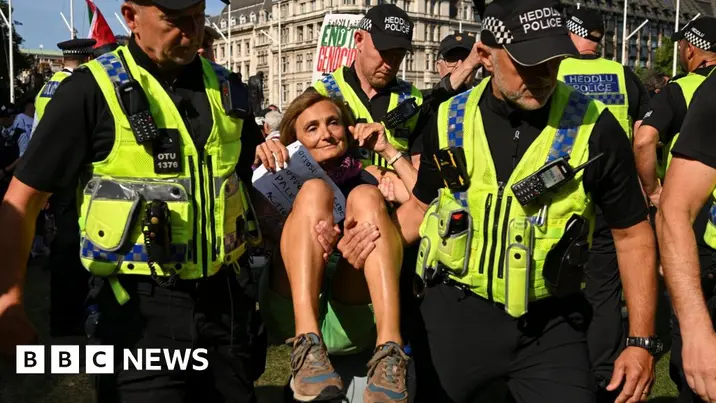
Palestine Action ban moves to new phase
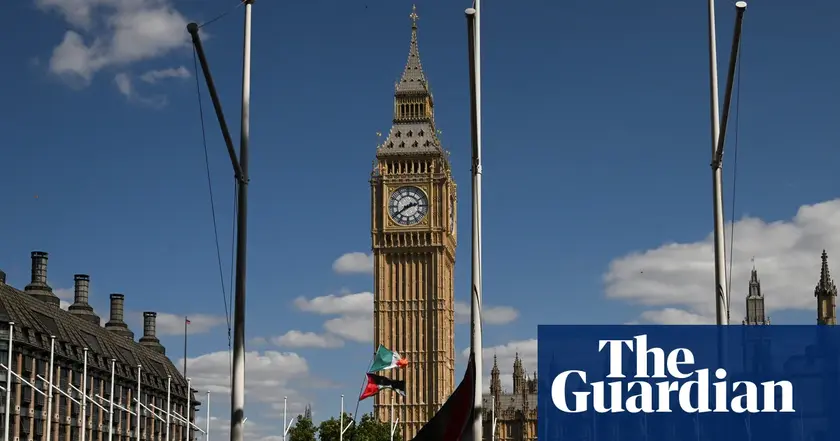
Protests raise questions over anti-terror laws
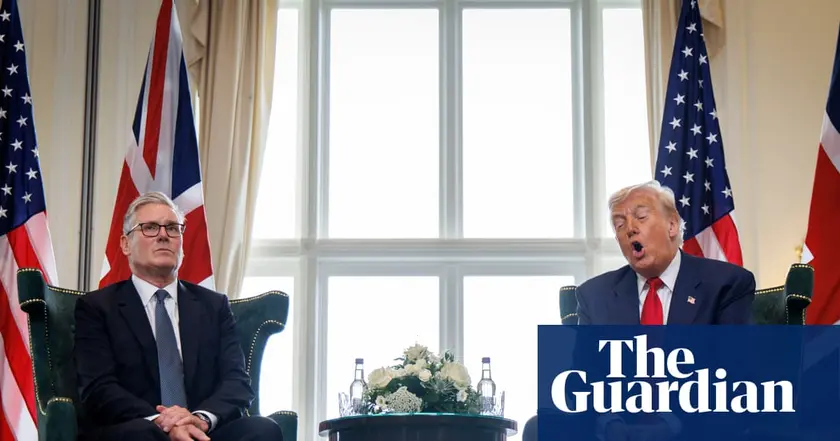
UK moves closer to recognizing Palestine in response to Gaza crisis
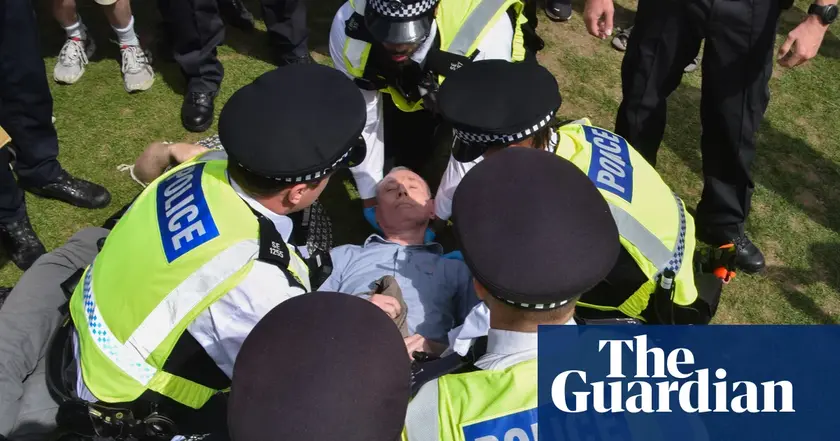
Rights groups urge suspension of Palestine Action prosecutions
